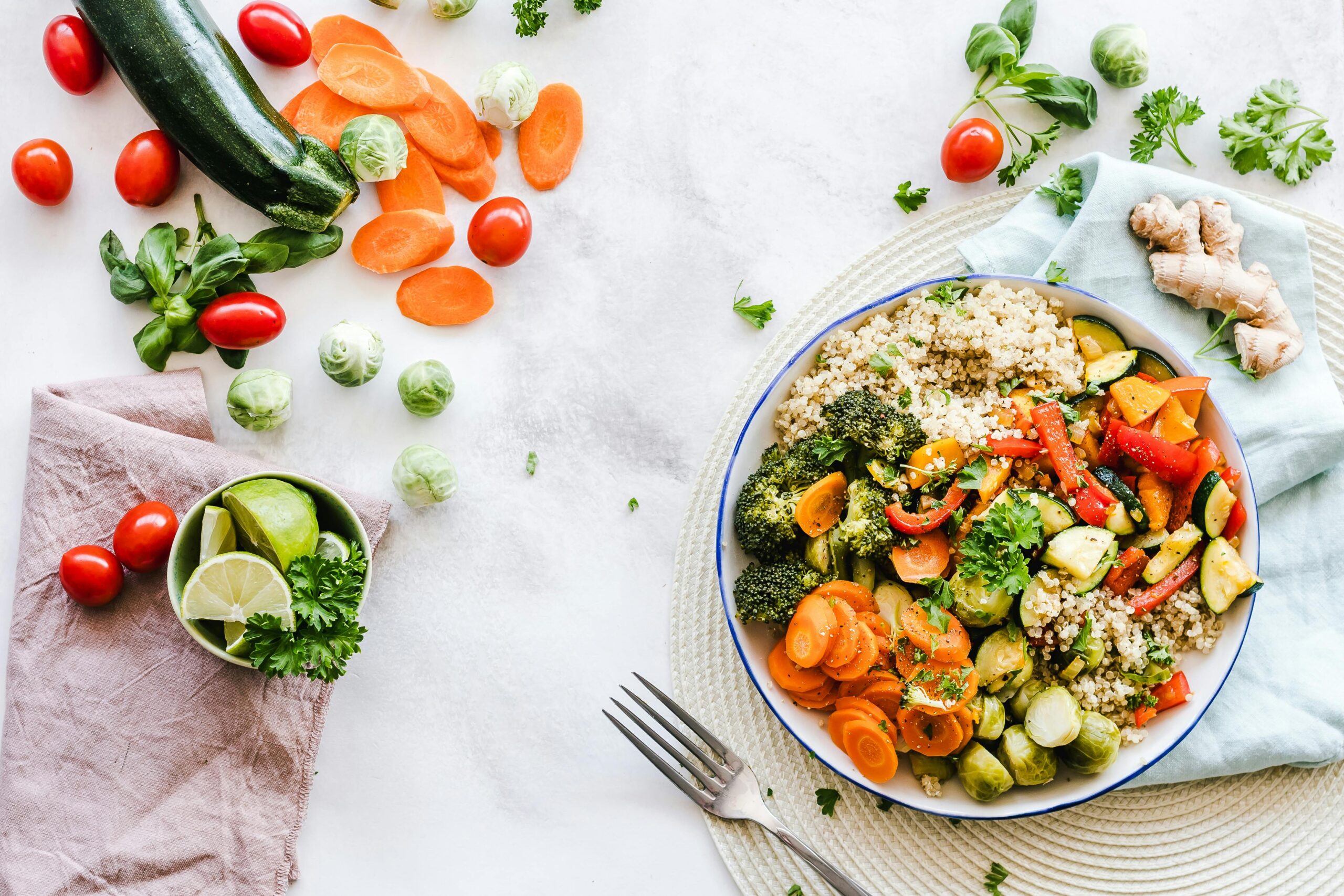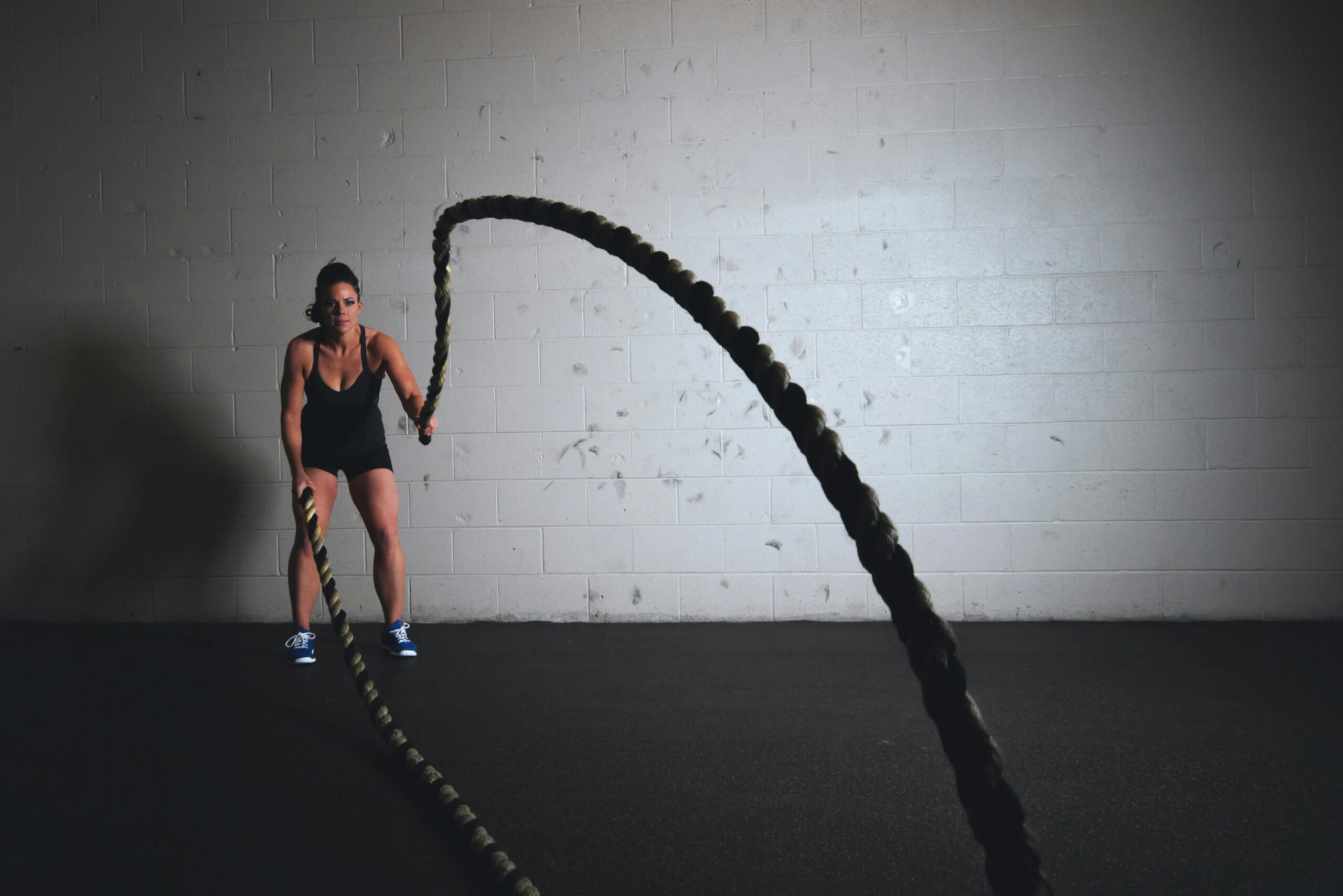Table of Contents
Introduction
Whether you’re hitting the gym for a strength training session, going for a run, or participating in any physical activity, what you eat before and after your workout can significantly affect your performance and recovery. Your body needs fuel to perform at its best and nutrients to repair and rebuild muscles afterward.
Eating the right foods around your workout can help maximize energy, reduce fatigue, and increase muscle gains. But what exactly should you eat? In this blog, we’ll explore the best foods to eat before and after a workout and why timing matters.
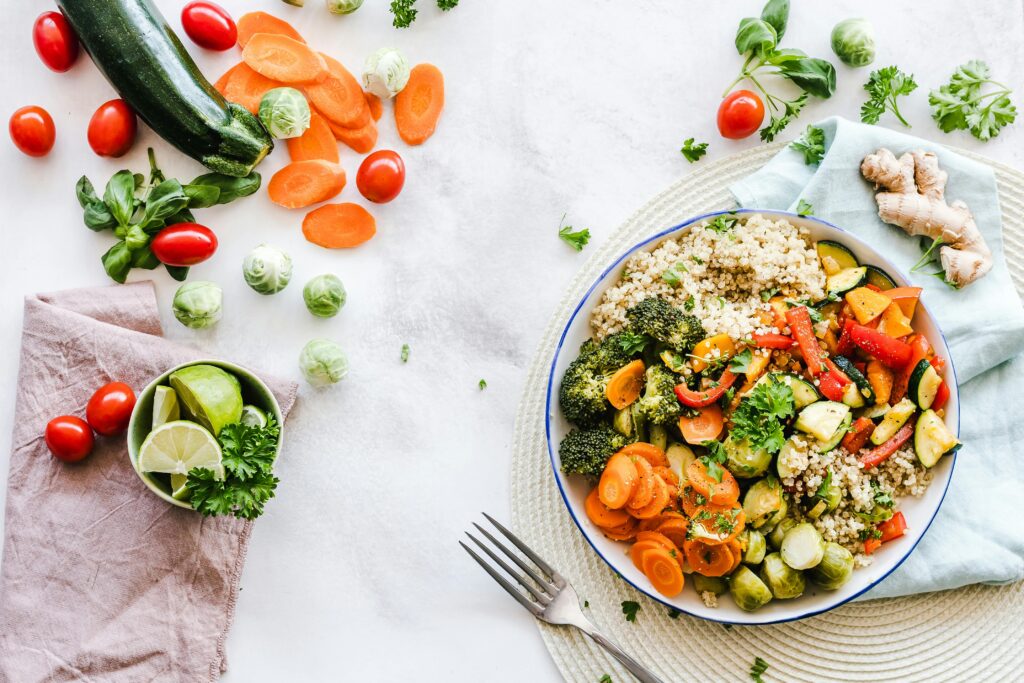
Why Nutrition Matters for Your Workout Performance
Nutrition is essential for optimizing both exercise performance and recovery. The body requires different types of nutrients to support the energy demands of exercise, the repair of muscle tissues, and the replenishment of energy stores. By eating the right foods, you can:
- Maximize energy levels during your workout to perform at your best.
- Enhance muscle repair and growth post-workout.
- Reduce soreness and aid faster recovery.
- Avoid fatigue and depletion by replenishing glycogen stores and electrolytes.
To get the most out of your workout, it’s not just about eating any food—it’s about choosing foods that align with your body’s needs before and after you exercise.
What to Eat Before a Workout
The purpose of a pre-workout meal is to fuel the body with energy, maintain blood sugar levels, and provide the necessary nutrients for muscle preservation and endurance. Ideally, your pre-workout meal should include a balance of carbohydrates, protein, and a small amount of fat.
1. Carbohydrates: Your Primary Fuel Source
Carbohydrates are the body’s primary source of energy. They break down into glucose, which is used by your muscles for fuel. When you perform high-intensity exercise, your body relies on glycogen (the stored form of glucose) for energy. Therefore, consuming the right amount of carbs before a workout can ensure that your muscles are stocked with glycogen, providing you with optimal energy.
Best Carbohydrate-Rich Foods:
- Oatmeal: Slow-digesting carbs that provide sustained energy.
- Whole grain bread: A good source of complex carbs.
- Bananas: Rich in potassium and easy to digest.
- Sweet potatoes: Packed with complex carbs and nutrients.
- Brown rice: A great option for a longer-lasting energy source.
2. Protein: Muscle Preservation and Growth
Consuming protein before a workout helps to prevent muscle breakdown during exercise. Although protein is not a direct source of energy, it plays an important role in muscle maintenance and recovery. It helps with muscle tissue repair and prevents the catabolic state (muscle breakdown) that can occur during exercise.
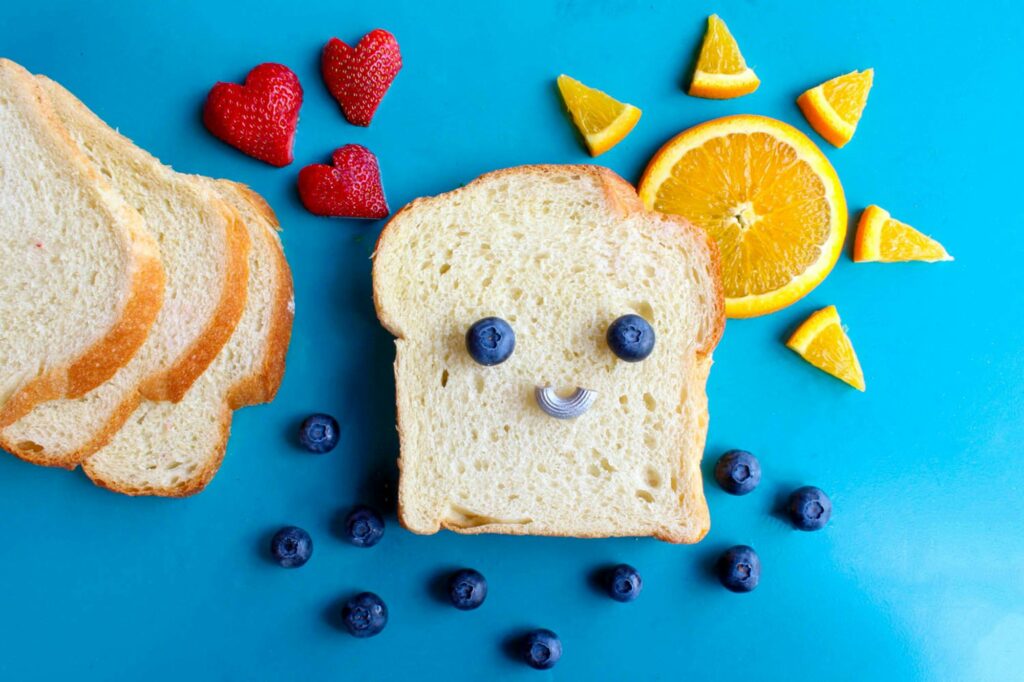
Best Protein-Rich Foods:
- Greek yogurt: Packed with protein and probiotics.
- Chicken breast: A lean protein source.
- Cottage cheese: A slow-digesting source of protein.
- Eggs: High in quality protein and amino acids.
- Protein shakes: A quick and convenient way to get a protein boost.
3. Healthy Fats: Support Hormonal Function
While fat is not your body’s primary fuel source during exercise, healthy fats play an important role in overall health, including supporting hormone production (e.g., testosterone) and reducing inflammation. Eating a small amount of fat can help sustain energy over the long term.
Best Healthy Fats:
- Avocados: Full of heart-healthy monounsaturated fats.
- Nuts and seeds: Provide omega-3 fatty acids.
- Nut butter: An easy way to add fat to your pre-workout snack.
- Olive oil: Can be drizzled on a pre-workout salad.
4. Hydration: Don’t Forget to Drink Water
Staying hydrated is essential for good workout performance. Dehydration can impair muscle function, decrease endurance, and increase the risk of cramps. Drink water before your workout to ensure you’re properly hydrated.
What to Eat After a Workout
After exercising, your muscles need to recover, repair, and replenish energy stores that were depleted during the workout. The post-workout meal should contain a combination of protein, carbohydrates, and healthy fats to support muscle growth, replenish glycogen, and rehydrate your body.
1. Protein: Muscle Repair and Growth
After a workout, your muscles experience microtears that need repair. Protein provides the amino acids necessary for muscle tissue repair and growth. Consuming protein soon after your workout helps to initiate the muscle repair process and reduces muscle soreness.
Best Post-Workout Protein Sources:
- Whey protein: A fast-digesting protein that’s ideal after a workout.
- Chicken or turkey: Lean sources of high-quality protein.
- Fish: Salmon, tuna, or tilapia offer a mix of protein and healthy fats.
- Tofu: A great plant-based protein option.
- Eggs: Rich in protein and a great post-workout food.
2. Carbohydrates: Replenish Glycogen Stores
During exercise, your body uses glycogen stored in the muscles as a primary energy source. After a workout, it’s important to replenish these glycogen stores, particularly if you’ve done endurance or high-intensity training. Consuming carbohydrates post-workout helps restore glycogen levels, improving recovery and energy for your next workout.
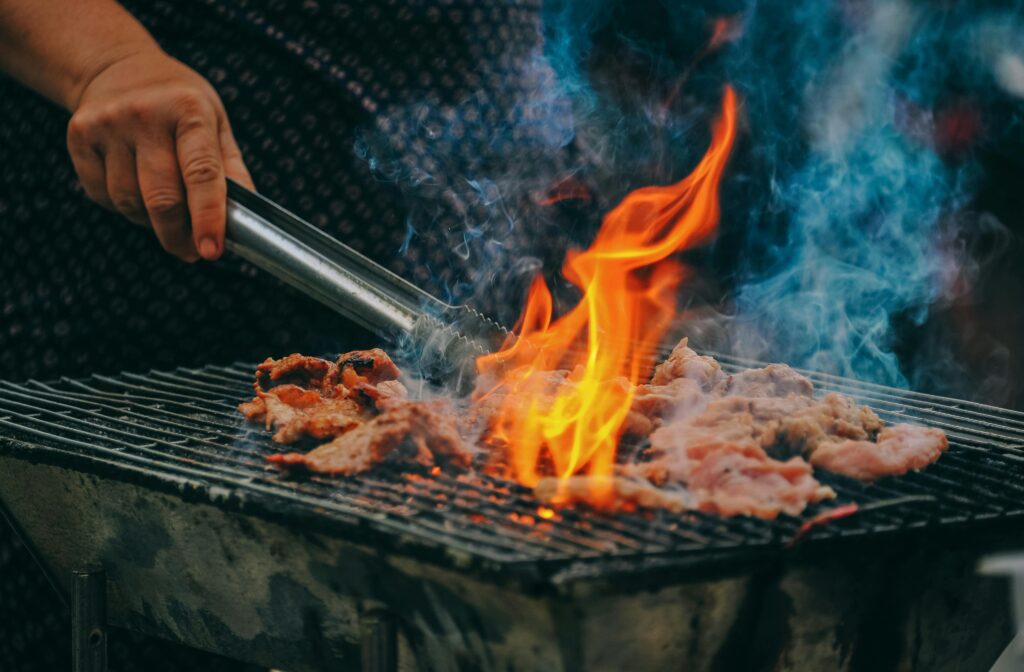
Best Post-Workout Carbs:
- Sweet potatoes: High in carbs and rich in antioxidants.
- Quinoa: A complete protein and carbohydrate source.
- Fruit: Fruits like apples, berries, and pineapples are rich in simple sugars that can quickly replenish glycogen.
- Brown rice: A healthy whole grain that provides carbs and fiber.
- Whole-wheat bread: An excellent source of fiber and complex carbs.
3. Healthy Fats: Speed Up Recovery
Although fats are not as important immediately post-workout, they are still essential for recovery and hormone regulation. A small amount of healthy fats can help reduce inflammation and improve the body’s ability to recover.
Best Post-Workout Fats:
- Avocados: A source of monounsaturated fat and anti-inflammatory compounds.
- Nuts and seeds: Offer healthy fats and protein.
- Olive oil: Adds healthy fats to post-workout salads or meals.
- Fatty fish: Rich in omega-3 fatty acids, which help reduce muscle inflammation.
4. Hydration: Rehydrate and Replace Electrolytes
Hydration doesn’t stop with water alone. After a workout, especially a sweaty one, you’ll want to replenish lost electrolytes (sodium, potassium, and magnesium). Consuming an electrolyte-rich drink or food can help restore the minerals lost through sweat.
Best Hydration Foods and Drinks:
- Coconut water: A natural source of electrolytes.
- Electrolyte drinks: Opt for low-sugar options to replenish minerals.
- Watermelon: Contains both water and electrolytes for rehydration.
- Bananas: High in potassium, which helps with muscle recovery.
Sample Pre-Workout and Post-Workout Meal Ideas
Pre-Workout Meal Ideas:
- A banana with a scoop of peanut butter and a glass of water.
- A bowl of oatmeal topped with chia seeds and almond butter.
- Greek yogurt with a handful of berries and honey.
- A whole-grain sandwich with turkey breast and avocado.
Post-Workout Meal Ideas:
- Grilled chicken with sweet potatoes and steamed vegetables.
- A smoothie with whey protein, spinach, berries, and coconut water.
- Tuna with quinoa and a side of avocado slices.
- A scrambled egg with spinach and a slice of whole-grain toast.
Conclusion
What you eat before and after a workout is crucial for fueling your performance and promoting recovery. By focusing on the right balance of carbohydrates, protein, healthy fats, and hydration, you can maximize your workout results and speed up your muscle recovery. Don’t underestimate the power of good nutrition—it’s the key to achieving your fitness goals, whether you’re looking to build muscle, lose fat, or improve endurance.
The next time you hit the gym or go for a run, make sure you’re properly fueled and ready to perform at your best!

